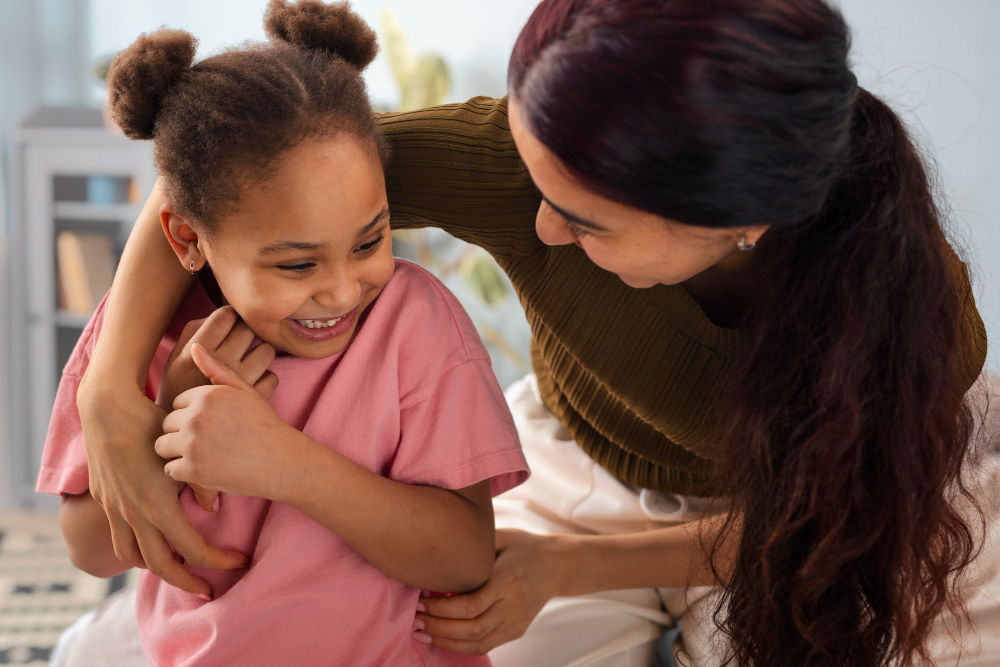
When my partner and I made the life-changing decision to become respite foster carers, we were filled with a multitude of expectations. We believed it would be a wonderful experience, yet also recognized the challenges and tests it would present. As we embarked on this journey, we quickly learned that our expectations were both a friend and a foe. In this blog, I will delve into the varied expectations we encountered along the way, the lessons we learned, and the profound impact fostering had on our lives.
The Diverse Range of Expectations
Expectations came from various sources - ourselves, our children, our social worker, and, most importantly, the children who entered our care. We all brought our unique perspectives and hopes into this fostering endeavour.
As experienced professionals in working with children, we expected to navigate their complex needs with care and thoughtfulness. Meanwhile, my partner drew from his parenting and coaching experiences, believing he would have a good handle on what to do. Our teenage son had his own set of expectations, hoping to be involved while also wanting his personal space respected.
Our assessing social worker had expectations as well - that we would work hard, educate ourselves on trauma and attachment, and seek her support when needed. And then, there were the expectations of the children, whose backgrounds of trauma and abuse made their expectations vastly different from ours. Their concerns ranged from fear of being hurt to worries about not being liked or understood.
The Reality Check: Adjusting Expectations
Our initial expectations, though well-intentioned, were not always realistic given the circumstances. Many children end up in foster care due to unsafe environments, inconsistent care, and even abuse. Consequently, their ability to accept love and affection might be hindered by the trauma they've experienced.
The first training day we attended revealed a common misconception among prospective carers - the belief that our abundant love alone would suffice. We soon learned that fostering required more than love; it necessitated a deep understanding of the children's unique needs and a commitment to their healing and growth.
Throughout our time as foster carers, our expectations underwent a transformation. Here, I share some revised expectations that emerged from our journey:
Embracing Confusion: We learned that confusion was a natural part of the fostering process. It was okay not to have all the answers, and we had to be open to learning and adapting continuously.
Embracing Imperfection: Despite our best intentions, we realized that we would make mistakes and feel like we got things wrong. Fostering taught us humility and the importance of forgiveness and growth.
Surprises and Unpredictability: Each child we cared for brought surprises and unique qualities. We learned to embrace the unexpected and adapt our expectations accordingly.
The Value of Support: Fostering could be challenging, and we recognized the vital role that support systems played. Seeking guidance from our social worker, connecting with other foster carers, and accessing resources became essential for our journey.
Lifelong Learning: Fostering became a journey of constant learning. We immersed ourselves in research, workshops, and discussions on trauma, attachment, and brain development. Our evolving knowledge-empowered us to better understand and support the children in our care.
Our experience as foster carers shattered our initial expectations and enriched our lives in unimaginable ways. Fostering taught us the importance of reassessing and adjusting expectations as we progressed, ensuring that we met the needs of the children with compassion and understanding.
It is crucial to approach fostering with an open heart and mind, allowing room for the unexpected and the unknown. Our expectations should serve as guides rather than rigid boundaries, enabling us to inspire and uplift the lives of the children in our care. Fostering is a remarkable and transformative journey, and by embracing the unpredictable, we can create a safe and nurturing environment where children can heal, thrive, and find the love they truly deserve.